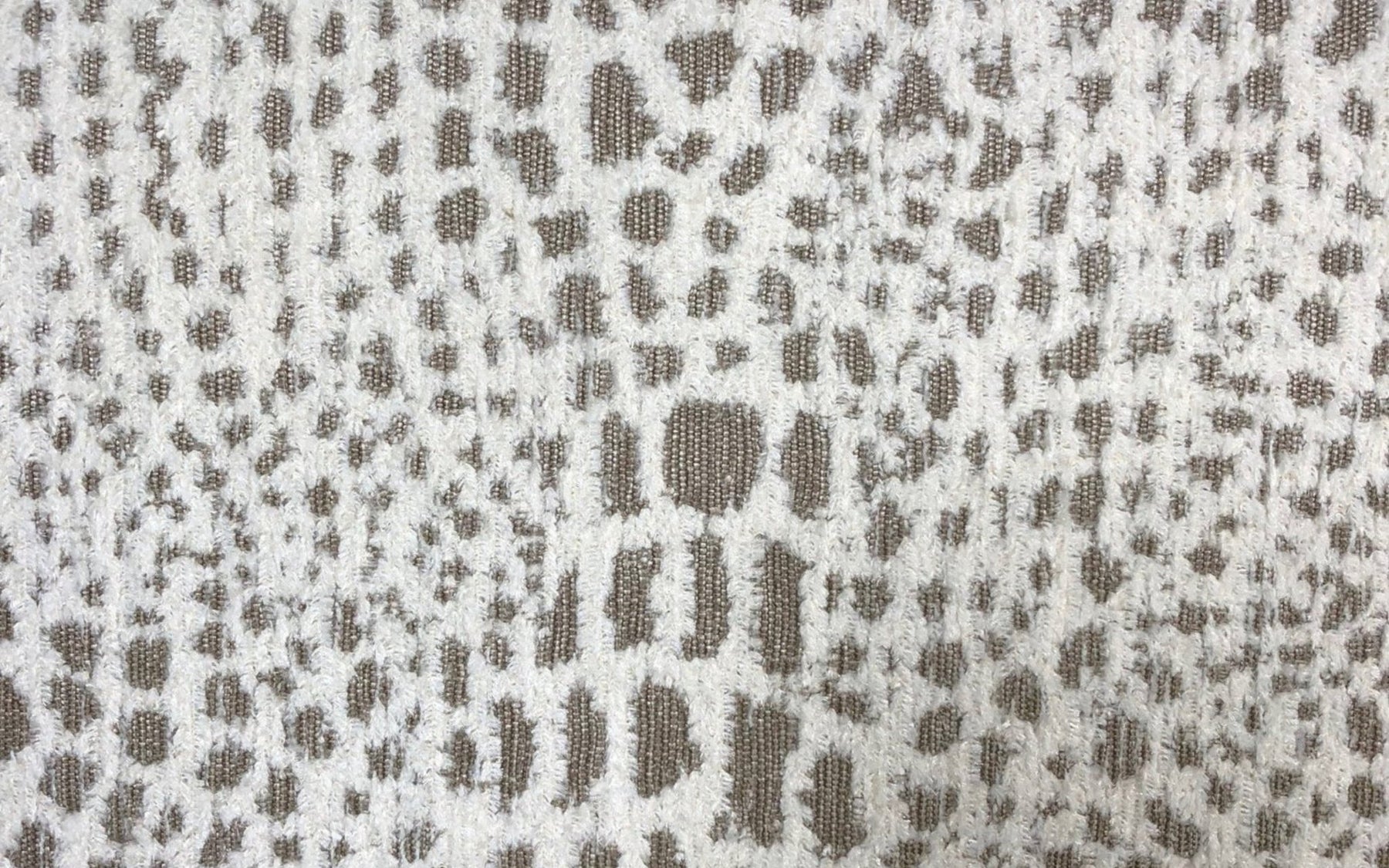
Transforming Spaces with Chenille Upholstery Fabric: A Designers' Guide
When it comes to adding a touch of luxury and comfort to your living space, chenille upholstery fabric stands out as a stellar choice. This exquisite fabric, renowned for its softness and durability, has become a favorite among interior designers and home enthusiasts alike. In this guide, we will explore tips on color selection, textures, and how to harmoniously mix and match chenille with other materials. Plus, we’ll glance at some inspiring case studies of design projects that utilized chenille to transform spaces.
What is Chenille Fabric?
Chenille fabric, known for its luxurious texture and versatility, has a rich history that dates back several centuries. The word "chenille" comes from the French term for caterpillar, which aptly describes the fabric’s soft, fuzzy appearance.
In the early 18th century, chenille was first produced in France. The fabric was initially made by weaving lengths of yarn between two core yarns, then cutting the woven yarns to produce tufts, creating its signature velvety texture. The production of chenille fabric was labor-intensive, and it was considered a luxury item. The technique gradually evolved and spread across Europe.

Choosing the Right Color
Selecting the appropriate color for your *chenille upholstery* can set the tone of your room. For a calming atmosphere, opt for muted hues like sage green or soft lavender. If you’re aiming for a more vibrant look, don’t be afraid to go bold with shades like emerald or royal blue. Earthy tones like taupe or chocolate brown convey a warm, inviting feel. Take into consideration the natural lighting of the room and the existing color palette before making your choice.

Playing with Textures
Chenille is known for its soft and plush texture, which can add depth and richness to your space. Pair it with contrasting textures to create an engaging tactile experience. For example, placing chenille upholstered sofas next to a rough-hewn wooden coffee table or including a leather armchair in the setting can create a balanced and dynamic environment.

Mixing and Matching with Other Materials
Combining chenille upholstery fabric with different materials can enhance the aesthetic appeal of your space. Experiment with throw pillows or blankets in different fabric types such as linen or silk. Moreover, incorporating metal accents in the form of side tables or decorative items can create a fusion of contemporary and classic styles.In conclusion, chenille fabrics offer endless possibilities for transforming spaces. With mindful color selection, playing with textures, and mixing materials, you can create a living space that’s not just beautiful, but also durable and comfortable. Embrace the luxurious touch of chenille in your next design project!
Leave a comment